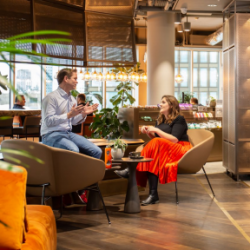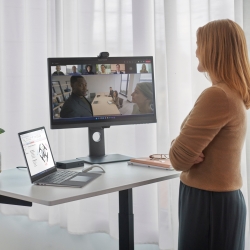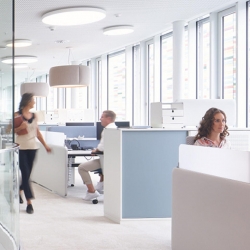May 29, 2022
Only a quarter of remote workers feel connected to company culture
 Three quarters of HR leaders feel that hybrid work challenges employees’ connection to organisational culture, according to a survey from Gartner. The poll of more than 200 HR leaders claims the most challenging aspect of setting their hybrid strategy is adjusting the current organisational culture to support a hybrid workforce. While 40 percent of HR leaders reported they have increased their culture budget since the beginning of the pandemic, the survey of more than 3,900 hybrid / remote workers in December 2021 suggests only one in four are connected to their organisation’s culture. (more…)
Three quarters of HR leaders feel that hybrid work challenges employees’ connection to organisational culture, according to a survey from Gartner. The poll of more than 200 HR leaders claims the most challenging aspect of setting their hybrid strategy is adjusting the current organisational culture to support a hybrid workforce. While 40 percent of HR leaders reported they have increased their culture budget since the beginning of the pandemic, the survey of more than 3,900 hybrid / remote workers in December 2021 suggests only one in four are connected to their organisation’s culture. (more…)































May 18, 2022
Dogs need to be part of The Great Workplace Conversation too
by Mark Eltringham • Comment, Flexible working